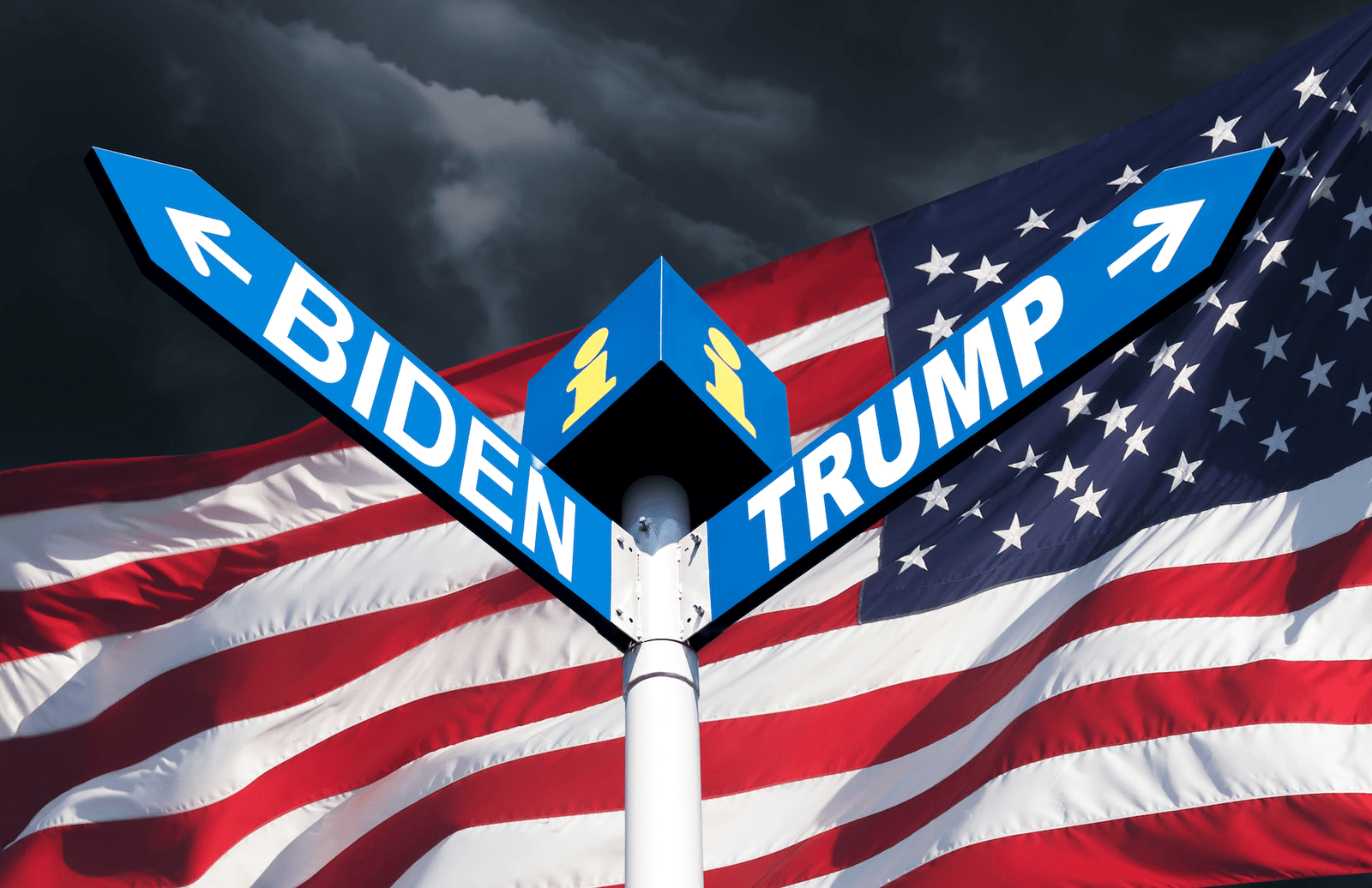Leading economist says Bahamians better served with US administration which approaches COVID “more seriously”
NASSAU, BAHAMAS — Former Minister of State for Finance James Smith indicated yesterday that the US presidential election set for tomorrow has wide-sweeping implications for The Bahamas’ economic survival amid the coronavirus pandemic.
According to the former minister, the Trump administration’s handling of the pandemic leaves “much to be desired”.
“Generally speaking, it is in Bahamians’ interest to have an administration that would take this thing more seriously, clear it up for the United States and hence for us,” Smith told Eyewitness News.
He underscored the different approaches to the coronavirus pandemic between US President Donald Trump, the Republican candidate, and the proposed plans of former US Vice President Joe Biden, the Democratic candidate for US president.
For example, while Trump has been opposed to making mask-wearing mandatory, Biden has called for a national mask mandate.
Health experts, who project a “dark winter” with the virus, have pointed to growing evidence that wearing face masks reduce the risk of transmission of COVID-19.
The candidates have also taken different approaches to the campaign amid the pandemic, with Biden instituting social distancing measures and limiting attendees, while Trump has allowed large crowds to attend rallies.
The virus has killed more than 230,000 people in the US and more than 9 million Americans have contracted the virus.
“This election I think has another dimension to it because our main industry is tourism, which is dependent on the administration’s view of containing the pandemic in a sense that unless the US president can control, [the US] will continue to have a very depressed economy, meaning high unemployment, people not working, and people running down savings,” he said.

“When that happens, they’re unable to travel.”
Smith, a leading economist and former governor of the Central Bank of The Bahamas, continued: “The longer it takes them to get their pandemic under control the longer we have to wait to be able to successfully open our tourism economy, and we obviously depend on them for 80 percent of the tourists.”
Smith said in the past there was a belief that The Bahamas stood a better chance in the past with Republican administrations, which would not lockstep with the OECD’s policies and “tend to be not as hard with our financial services as democrats”.
But Smith said The Bahamas’ once robust financial services sector has contracted in half following a decade-long siege by the OECD.
Reflecting on the Obama administration, the economist said the former president was in lockstep with the international financial services watchdog and its KYC (Know Your Customer) AML/CTF compliance regime.
“Even though Bahamians would tend to generally favor the Democrats because of the multi-diversity of the party and etc. and of course the African Americas generally supportive of the Democrats that would have been our political choice, but we always felt the Republic administration were usually more favorable on the economic impact on The Bahamas,” he said.
“But with the course of this pandemic, I am thinking that the critical consideration for both the US and us is basically controlling or severely mitigating the impact of the pandemic.
“And as you know the current administration is almost pretending that it does not exist.”
He added: “Indeed it could be argued that if they had taken it more seriously, the US and world leaders, who have some of the best scientists in the world — and if they had kept along with the WHO — the entire globe could have been further advanced in dealing with the pandemic, which would have helped us as well because we are always able to get direct assistance from the United States in matters like this.”
In July, Trump announced the US withdrawal from WHO, declaring the organization had failed its mandate and “declined to adopt urgently needed reforms, starting with demonstrating its independence from the Chinese Communist Party”.
The US has continued to cut ties with the organization, which is expected to conclude in July 2021.
The economy has traditionally been a major issue in US presidential elections.
This time around, much of the debate has centered around the pandemic and the government’s handling of the health crisis.
The impact of the pandemic on today’s election, ranging from voter turnout to whether it will be a key point on which voters will base their choice, remains to be seen.

During a Foreign Press Center virtual tour of the US election hosted by the US Department of State, Quinnipiac University Poll Director and Vice President Dr Dough Schwartz noted that despite an impeachment of the president, racial justice protests, the pandemic and a contentious Supreme Court nomination, the US presidential race has remained “very stable”.
“The economy is usually a major issue in U.S. Presidential elections. This time around, I would add the COVID-19 pandemic being a major issue in the election. Simply because it affects people so directly in their daily lives and has had a big impact on the economy. That is something that is affecting the U.S. election.”
In the polls, Biden has led Trump nationally and in numerous key battleground states.






